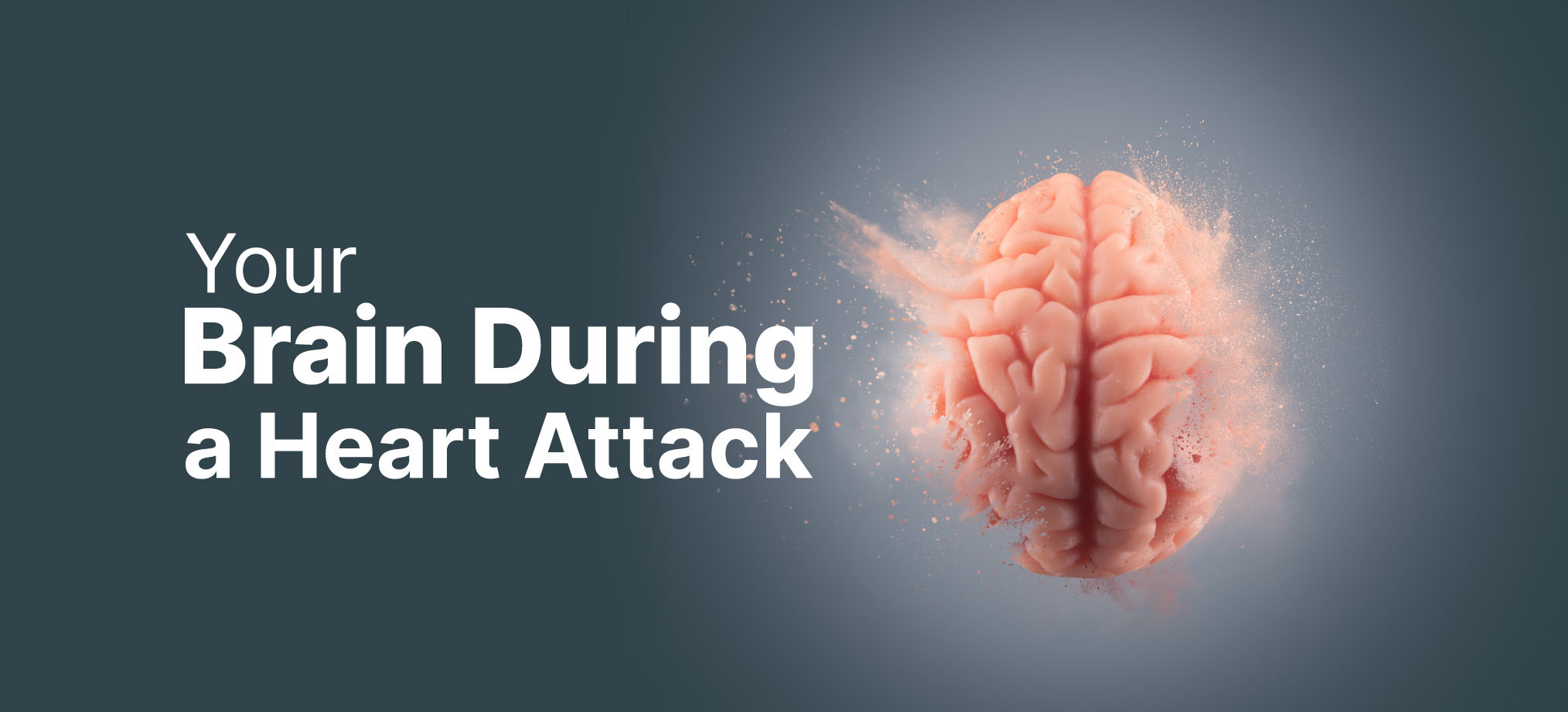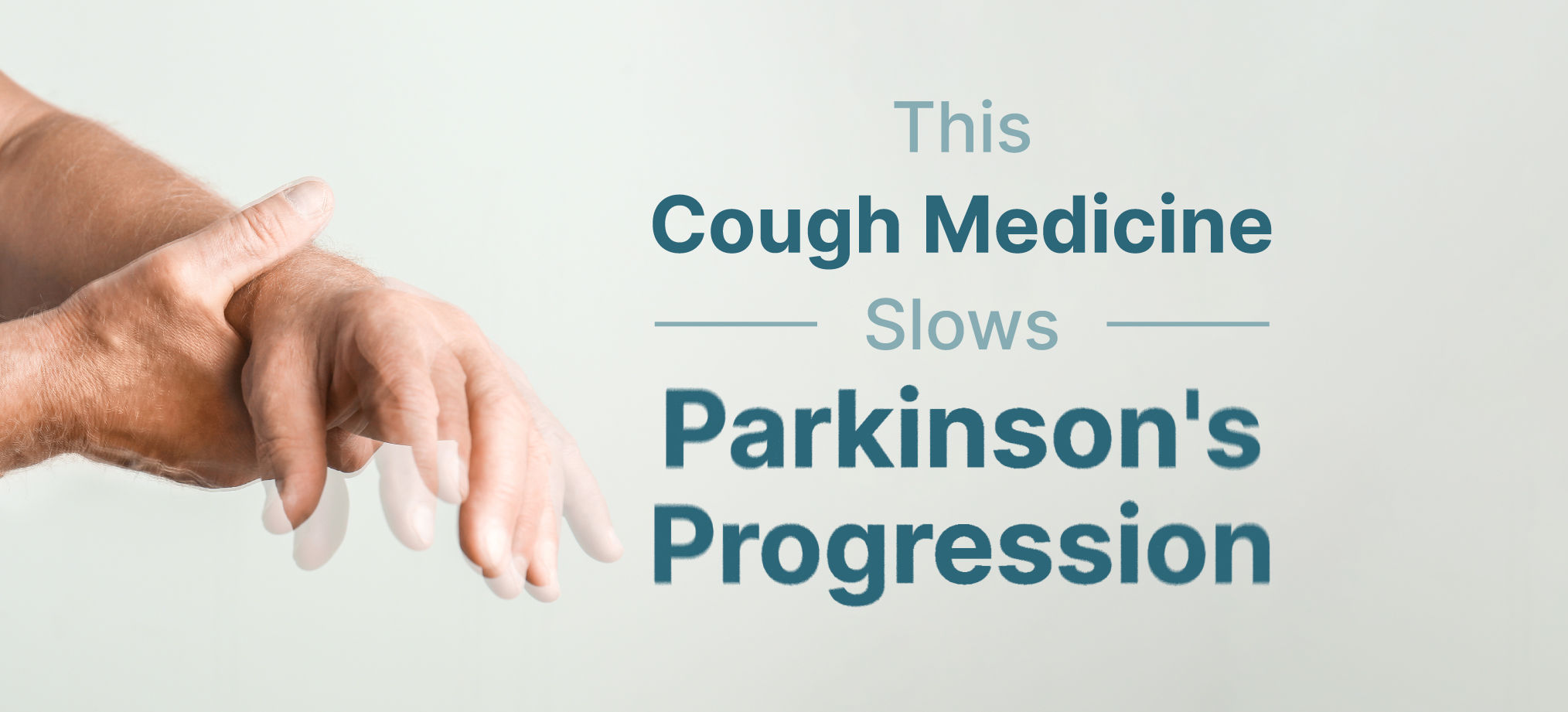Neurology
What Happens To The Brain During a Heart Attack?
3 min read
By Apollo 24|7, Published on - 24 November 2022, Updated on - 29 November 2022
Share this article
0
0 like

Did you know the health of your brain and your heart are connected? If you have had a heart attack then there are 50% chances that your brain and other cognitive abilities have also been affected.
Why do people have heart attacks?
People typically experience heart attacks with progressing age and poor lifestyle choices, due to which risks to develop arteriosclerosis (accumulation of plaque within the blood vessels) increase. This is known to be the major contributor to heart attacks. When an unprecedented heart attack happens the brain ceases to function unless prompt cardiopulmonary activities begin.
What happens to the brain during a heart attack?
During a heart attack, the blood flow to and from the heart gets cut. This leads to neurological malfunction due to a deficiency of oxygen-rich blood in the brain. This is why around half of the people who survive a heart attack often develop cognitive issues such as:
- Loss of memory
- Anomia (difficulty in interpreting the meaning of words)
- Difficulty in executive functions, including reasoning, judgment
- Difficulty processing visual information
How to protect your heart and brain
For a healthy heart and a well-functioning brain, it is imperative to keep cardiovascular disorders at bay. A few practices that would help you to attain the same are:
- Track BMI
- Quit smoking
- Adopt a healthy daily diet plan
- Limit consumption of red meat and alcohol
- Daily physical activities (up to 45 mins per day)
- Monitor blood sugar and blood cholesterol levels
- Align preventative appointments with a cardiologist every 6 months
- Take prescribed medications like blood thinners timely, especially if you're above 60 years of age
Particularly after the age of 50, one should exercise extra caution and pay great attention to controlling excessive blood pressure. High blood pressure is the leading cause of stroke, heart attack, and brain damage.
Additionally, it raises the possibility of promoting the development of little injuries to the brain in the white matter. The presence of these lesions can slow thinking and accelerate the loss of cognitive function that accompanies Alzheimer’s.
Click the below button to Keep yourself at bay from brain diseases affecting your daily routines and overall health.
Key Takeaway
Your heart and brain both need to be healthy. Maintaining good heart and brain health will help you stay healthy and live a long life. Additionally, you reduce your chance of dementia and other brain-related diseases like stroke.
Talk to one of our experts to learn more about the relationship between the heart and the brain and the practical strategies that will help you avoid heart and brain damage.
It's Safer To Prevent Than To Ignore!
Consult our cardiologist in Apollo today to not regret it later! For the same, click the below button.
Our doctors are available for both online and in-clinic consultations.
Medically Reviewed by Dr. Dhanunjay Reddy B
Neurology
Leave Comment
Recommended for you

Neurology
Can A Cough Medicine Treat Parkinson's?
Ambroxol, a cough reliever, has been proposed as a potential treatment for Parkinson's disease. There is limited evidence to back its effectiveness, therefore, more clinical evidence is needed to determine its usefulness and safety.

Neurology
Epilepsy: Types, Causes, Symptoms, Remedies & Cure
Learn about the types, causes, symptoms, and treatment options for epilepsy. Discover how lifestyle factors and new technologies can help individuals manage this neurological disorder effectively.

Neurology
Surprising Facts About Schizophrenia Explained By A Neuropsychiatrist
Schizophrenia is a severe mental illness where people tend to interpret reality in a distorted and abnormal way. Read to know more about this condition.
Subscribe
Sign up for our free Health Library Daily Newsletter
Get doctor-approved health tips, news, and more.
Recommended for you

Neurology
Can A Cough Medicine Treat Parkinson's?
Ambroxol, a cough reliever, has been proposed as a potential treatment for Parkinson's disease. There is limited evidence to back its effectiveness, therefore, more clinical evidence is needed to determine its usefulness and safety.

Neurology
Epilepsy: Types, Causes, Symptoms, Remedies & Cure
Learn about the types, causes, symptoms, and treatment options for epilepsy. Discover how lifestyle factors and new technologies can help individuals manage this neurological disorder effectively.

Neurology
Surprising Facts About Schizophrenia Explained By A Neuropsychiatrist
Schizophrenia is a severe mental illness where people tend to interpret reality in a distorted and abnormal way. Read to know more about this condition.